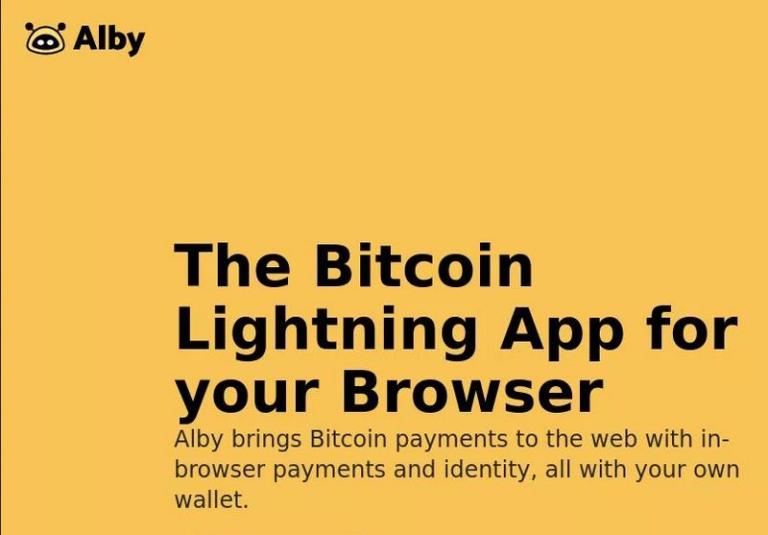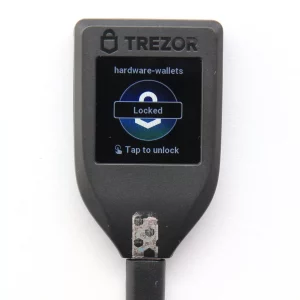A Bitcoin wallet is a digital tool that allows you to store, send, and receive Bitcoin securely. It acts as a gateway to the Bitcoin network using your Bitcoin private keys (which act as a proof of ownership for your Bitcoin). Bitcoin wallets come in various forms, including mobile wallets, web-based, desktop wallets, and hardware wallets. They can be either custodial, meaning a third party controls your Bitcoin keys, or non-custodial, where you maintain full control of your private keys.
What is an Open Source Wallet?
An open-source Bitcoin wallet is a type of Bitcoin wallet whose underlying code is publicly available. Anyone can review, audit, and contribute to its development, ensuring transparency, community involvement, and greater trust in the wallet’s security. Open-source wallets allow the Bitcoin community to spot vulnerabilities and suggest improvements, promoting accountability.
Pros and Cons of Open Source Web Wallets
Pros of Open Source Web Wallets
- Transparency: The code is public, allowing anyone to review it for vulnerabilities or trust issues.
- Ease of Access: Web wallets are accessible from any internet-enabled device, making them convenient for users who need to access their Bitcoin on the go.
- No Installation Required: You don’t need to install software or apps on your device, making setup simple.
- Community Contributions: Open source projects benefit from contributions from the global developer community, often improving the software’s functionality and security.
Cons of Open Source Web Wallets
- Security Risks: Web wallets are more vulnerable to hacking, phishing attacks, and malware. As your private keys are stored online (even if encrypted), this increases the risk of theft compared to offline wallets.
- Less Control Over Environment: You are relying on your web browser and the hosting service for security, both of which can be compromised.
- Limited Features: Some web wallets may not offer the full range of advanced features that hardware or desktop wallets provide.
- No Offline Access: Web wallets require an internet connection, making them unusable in offline scenarios.
- Potential Downtime: If the web wallet’s server goes down or is under maintenance, you may temporarily lose access to your funds.
List of Open Source Web Wallets
- Alby: Alby is a popular open source Bitcoin and Lightning Network wallet designed for browser-based transactions. It offers integration with Nostr, allowing users to easily tip or make microtransactions over the Lightning Network.
- Coinos: Coinos is another open source Bitcoin wallet that runs entirely in your browser. It offers full control over your funds with non-custodial features. Coinos is user-friendly and supports on-chain, Lightning, and Liquid Network transactions. It supports Cashu ecash and is in the process of integrating self-custodial accounts along with Nostr integration for contacts and messaging.
- Coin Wallet: While Coin Wallet is an open source option, we don’t know much about this wallet and, therefore, cannot guarantee its security or reliability. As with any wallet, it’s essential to conduct thorough research and exercise caution before trusting your funds to it.
Alternatives to Open Source Web Wallets
For those seeking more secure options beyond open source web wallets, other types of wallets may offer greater peace of mind. Below are alternatives:
Mobile Wallets
- Phoenix Wallet
- Electrum
- Green Wallet
- Aqua Wallet is a Bitcoin open source wallet that you can use to hold, transact, and swap your Bitcoin across Bitcoin onchain, Lightning Network, and the Liquid Network.
- Muun
Desktop Wallets
Hardware Wallets
- Trezor
- Blockstream Jade
- BitBox02
- Foundation Passport
- OneKey: This is a unique hardware wallet that supports the Lightning Network and Nostr.
- Bitkey: A new open source, multisig wallet that combines a mobile app, a hardware device, and a recovery system to keep your Bitcoin safe and accessible.
Find out more: Best Open Source Hardware Wallets
Conclusion
Open source Bitcoin wallets provide a high degree of transparency, which is a significant advantage for those who prioritize security and trustlessness. Web wallets, specifically, are convenient and easy to use, but they come with inherent risks like exposure to online threats, limited offline functionality, and possible server downtime.
For users who require better security, alternatives such as mobile, desktop, and hardware wallets are more robust. Hardware wallets, in particular, are widely regarded as the most secure way to store Bitcoin, as they keep private keys offline, reducing exposure to hackers.
While Bitcoin web wallets can be useful for small transactions and convenience, we recommend using more secure wallet options for long-term storage and large amounts of Bitcoin.



























